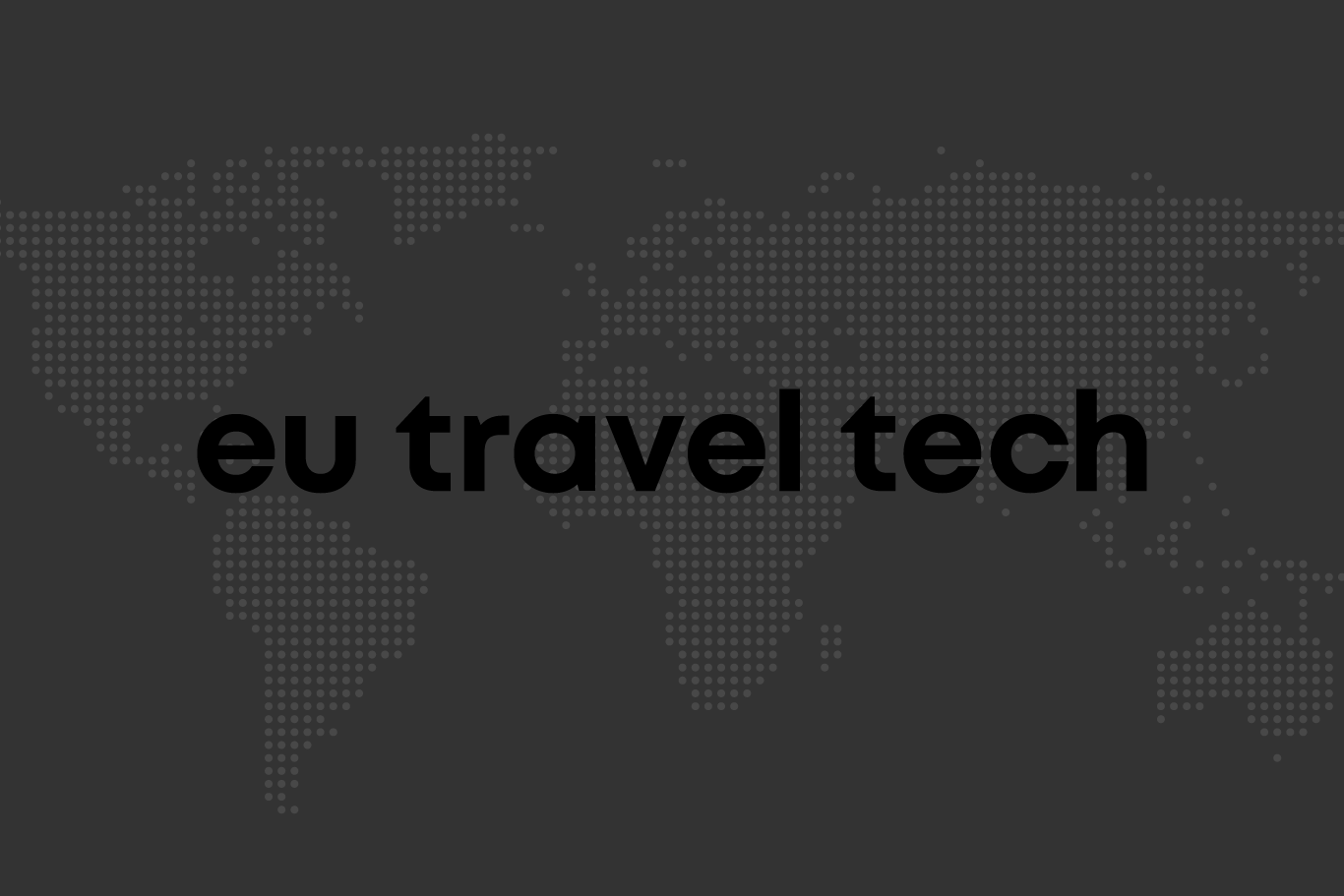Stakeholders Call For Urgent Alignment and Coordination to the Epidemiological Situation

A common and fully aligned approach on the eligibility and timing of booster doses, linked to the continued validity and use of the EU Digital COVID Certificate, is a must.
Given the latest epidemiological developments across Europe, and ahead of the approaching festive season, a broad group of key travel and tourism stakeholders is urging Member States to better coordinate and align their heath and travel policy responses to avoid re-imposing restrictions to the freedom of movement across Europe. The European Centre for Disease Prevention and Control (ECDC) has stated that in the current epidemiological situation travel restrictions are ineffective in reducing virus transmission, hospitalisations, or deaths. In these circumstances, considering that the EU adult population is now 76.6% vaccinated and with community transmission already high in most EU Member States, measures aimed at limiting border crossing would indeed not carry any public health benefit, but would negatively impact local economies. Mandatory travel restrictions and public health protocols must be based on strong evidence of benefit, as well as principles of proportionality.
The global pandemic has left tourism across Europe facing a crisis like none other. As several countries begin to reinstate movement restrictions for citizens, the travel and tourism community warns that further damage could be done to a sector already struggling, with far reaching impacts on the region’s economies. According to latest WTTC research, up to 900,000 jobs could be lost across the EU’s travel & tourism sector this year if travel restrictions are reimposed this winter. Furthermore, governments across the EU could see up to EUR 35 billion wiped from the sector’s contribution to the economy before the end of 2021 if severe travel restrictions come back into force. Additionally, if restrictions were to remain locked in place for much of next year, it could result in a loss of up to EUR 143.7 billion from the EU economy.
European tourism cannot function with inconsistent and constantly changing national approaches. Viewed from non-EU markets, Europe once again looks increasingly complicated. Coordination is the only solution to protect the sector from the effects of this prolonged uncertainty in Europe.
The vaccination rollout across the EU is among the best in the world. Travel and tourism businesses have also developed and implemented strong health and safety protocols that assure that travel can take place under safe circumstances. These investments should not be lost by reimposing restrictions on cross-border movement.
Last year, more than two million travel and tourism jobs were lost across the EU, and WTTC’s latest research reveals that if wide scale restrictions were enforced in 2022, a further three million jobs would be at stake next year.
In this context, travel & tourism stakeholders stress the importance of the following elements moving forward:
• EU countries should move towards an individual risk-based approach, rather than the country-to-country approach that is currently used. Providing freedom of movement to those who can prove they pose very limited risk would also increase uptake of vaccinations across the region.
• Member States should urgently adopt and implement a common and fully aligned approach on the eligibility as well as timing of booster doses to extend vaccination validity – and also ensure that this is fully reflected in and linked to the continued use of the EU Digital COVID Certificate.
Failure to adopt and implement such a common approach would inevitably lead to unacceptable divergences in travel regimes, compromising not just the freedom of movement but also citizens’ trust in European and national responses to current epidemiological developments.
Eligible citizens from the general population should have equal and timely access to these booster doses as required.
Member States should further update and align their travel rules and restrictions:
o Harmonisation on the list of recognised vaccines, on the duration of the validity of tests and vaccinations, as well as on the recognition of mixed vaccinations and booster shots is required.
o A harmonised approach to fully re-establish freedom of movement, recognising the endemic nature of COVID-19 and replacing complex traffic light systems.
• All Member States should recognise the seven WHO approved vaccines for international travel. Vaccine certification accepted at the border should also be accepted to enter facilities in a traveller’s destination where required. This measure would bring back coherence within the Schengen area and simplify travel rules for non-EU travellers.
• Digitalisation of verification procedures: Manual DCC and PLF checks by transport staff continue to cause complexity and long queues at airports and ports. The situation might become extremely difficult to manage as traffic volumes keep recovering. We therefore call on national governments to support the digitalization of the verification process by providing a simple “okay to travel” message as part of the online check-in process.
• Antigen tests should be systematically accepted as an alternative to slower and more expensive PCR tests.
The signatories stand ready to continue to work closely with the European Commission, EU governments and all stakeholders to overcome the present challenges and pave the way for a safe, responsible and sustainable tourism ecosystem.
Please download the press statement below to see the full list of signatories of this statement.



